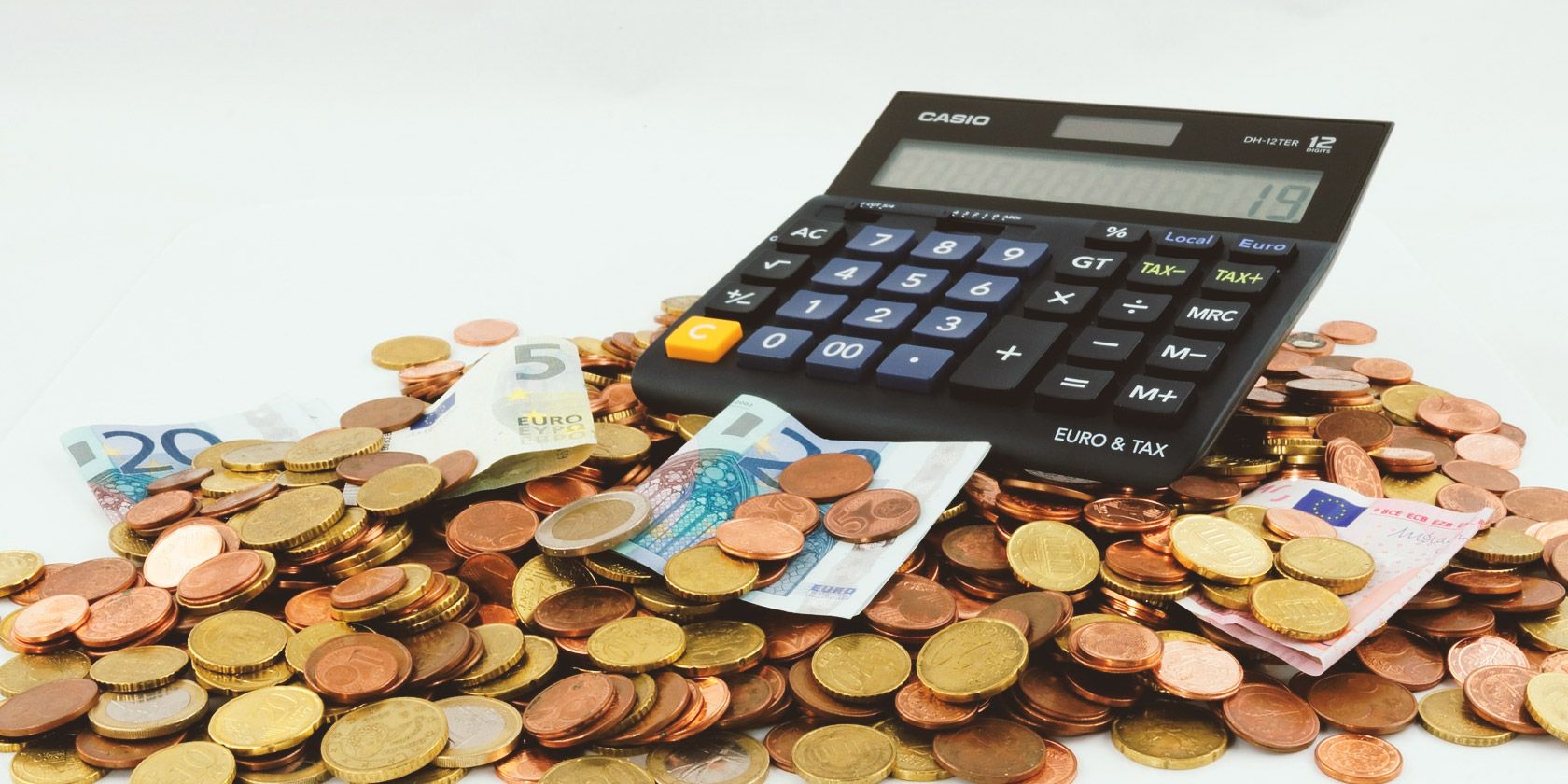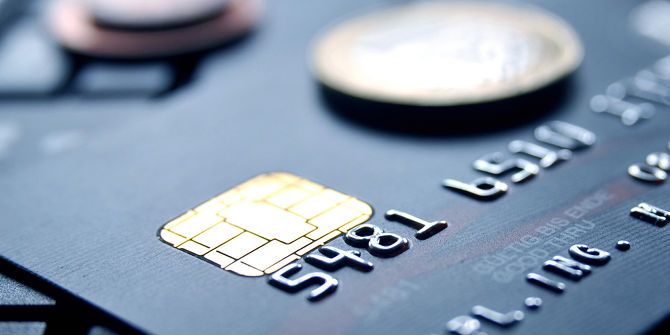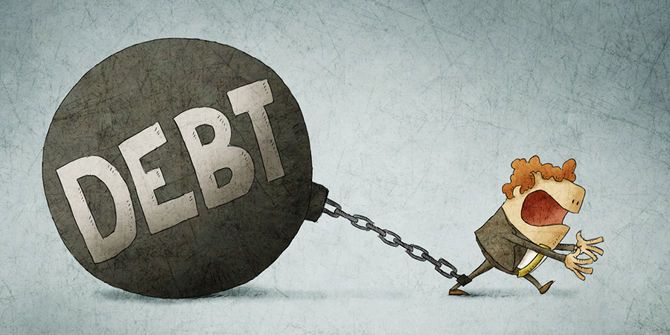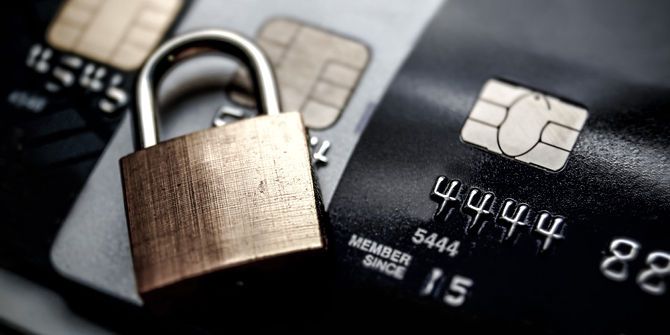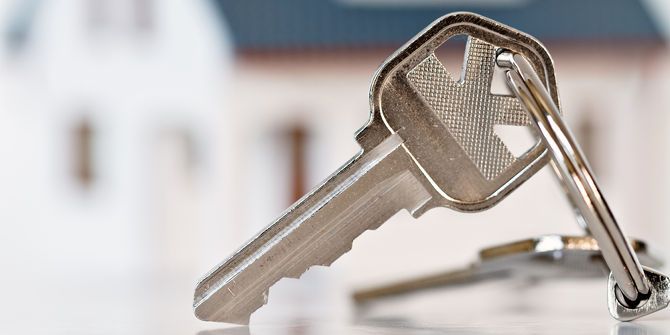Personal finance is a tricky thing. You'll find all kinds of advice across the internet, and a lot of it is contradictory. But you know what? Dissenting opinions are fine. The real problem is when people put forth guidelines as hard-and-fast rules.
That's why it's called personal finance -- the right thing to do differs from person to person. The smartest course of action for John might actually be detrimental for Sue. Not to mention that many "common sense" financial tips are just bad to begin with.
In this post, we'll run through several commonly given pieces of personal finance advice and tell you whether you should ignore them or not.
1. "Carry Monthly Balances on Credit Cards"
This is a huge myth that can cost you thousands and thousands of dollars in the long run. Basically, people will tell you not to pay off your credit card balance -- that you need to "carry" that balance month to month in order to preserve your credit score.
That's the worst thing you can do, and it all comes down to how credit cards actually work.
Every month, you get a credit card statement. That statement includes three potential payment amounts:
- Minimum balance: the absolute minimum you can pay in order to stave off a "late payment" mark on your credit report.
- Current balance: the total amount of debt currently on your credit card. Paying this will settle your account back to $0.
- Statement balance: the total amount of debt that will occur interest charges if you don't pay it off by the statement's due date.
Unless you've racked up a lot of prior debt, the current balance and statement balance will usually be the same. The current balance can also be higher than the statement balance if you make purchases on your credit card before you make your monthly payment.
If you make minimum payments every month, you will never get a late payment mark on your credit report, which means your credit score won't be negatively impacted. This is why people think carrying a balance is good for your credit score -- they don't see any dings, so they think they're doing the right thing.
But you end up owing interest on the unpaid balance, and since credit card interest rates frequently sit above 20% APR, you end up paying a LOT of extra money over the long run. This is how people end up drowning in inescapable debt!
You should NEVER pay interest just to keep your credit score up. Paying the statement balance on time every month has the same credit impact as paying the minimum on time every month -- except you don't throw away thousands of dollars in interest along the way.
2. "Paying Off Loans Hurts Your Credit Score"
When credit bureaus calculate your credit score, they take many things into account -- including something called credit mix. In terms of credit score, it's better to have many kinds of credit (e.g., credit cards, auto loans, student loans, and mortgage loans) than it is to have lots of one kind of credit.
Some people use this as a reason to forego paying off loans. But this is bad for the same reason that carrying a credit card balance is bad: you should NEVER enslave yourself to interest for the sake of your credit score.
Even though credit mix is a factor in score, its impact is relatively tiny. Paying off an auto loan or student loan may cause a ding, but that ding will only be temporary. Is it worth hundreds or thousands of dollars in additional payments?
No. Stay the course and your score will recover within months. Plus, paid off accounts stay on your credit report for 10 years, so there's a good chance it won't impact your creditworthiness at all.
The one exception is if you're looking to get a mortgage loan within the next 6–12 months, in which case you'll want to do everything you can to keep that credit score as high as possible.
Want to check your credit report and all of the factors that go into it? There are two free and highly reputable websites that you can use: Credit Karma and Credit Sesame. Note that these do not show your FICO score! However, some credit cards have free FICO score reports, including the Chase Slate and the Discover It cards.
3. "Close Your Unused Credit Cards"
There's only one good reason to close a credit card account: it has a monthly or annual fee and you aren't getting enough use out of it to make up for that recurring cost. If you have a spending problem, cut up your cards but keep your accounts open.
Age of credit history matters for credit score. If you opened a credit card when you were 18 and you're now 25, you have seven years worth of data for credit bureaus to use. The longer your history is, the higher your potential score.
Having more credit cards is better for your credit utilization ratio. Utilization ratio is how much credit card debt you have in relation to your total credit card limit -- and ideally you should keep your utilization under 35%. Any more than that will ding your score. The more cards you have, the more flexibility you have.
Credit cards are good for emergencies. If you run into an emergency and have no savings to cover it, it's nice to have credit cards as a safety net. It's way better than dipping into, for example, your retirement accounts!
For this reason, if you have good self-control, it could actually be a good idea to open another credit card or two. We've written before on ways to find the best credit card deals, so check that out if this is something you're interested in.
4. "Renting Is Throwing Money Away"
You need shelter and you're going to be paying between $1,000 to $2,000 per month for it no matter what -- so wouldn't you rather sink that into a house that you can eventually own rather than renting a place that "eats up" every dollar?
Well, that sounds nice in theory, but it's not so simple.
Owning a house comes with lots of hidden costs. Repairs, replacements, and upgrades all come out of your pocket, not to mention the time and hassle involved. Property taxes and HOA fees can be killer in certain areas, too.
Owning a house is also a long-term commitment. Are you ready to settle down for five or more years? If not, renting makes sense. It gives you the freedom to get up and move if the situation ever calls for it.
If you have poor credit, rent while you rebuild. If you have a score in the 500s, it could be better to spend two or three years rebuilding your score before getting a mortgage loan. You'll probably secure a much lower interest rate, which can save you thousands of dollars over the 15 or 30 years that you'll be paying that mortgage off.
There are many other things to consider -- too many to cover in this article -- so we want to point you to this amazing Rent-or-Buy calculator by The New York Times. You enter dozens of specific details and it tells you whether a certain home at a certain price is better or worse than renting. It's one of the best personal finance calculators out there.
5. "Save 10% of Every Paycheck for Retirement"
First of all, saving for retirement may not be the best thing to do right now. I know all about the power of compound interest, and I absolutely agree that you need to start saving as early as you can, but there may be more pressing issues to address first.
Heavy consumer debt must be dealt with. If you're paying 20% APR on $10,000 worth of credit card debt, it's absolutely better to sink every dollar into that debt before stashing away money in a 1% savings account or hoping for a 7% return in an index fund.
The one exception is company matching on a 401(k) plan. Contribute as much as necessary to get the full match, as this is basically free money that you should gobble up. Otherwise, forget retirement until you can sever the chain of consumer debt.
A 10% savings rate may not be enough to retire on. This depends, of course, on how much income you have and what your expenses will look like after you retire. It also depends on how soon you want to retire. But even if you consider 10% as just a guideline, it's likely way too little for most people.
Want to know how much you need to be saving to have a secure retirement? Check out this awesome retirement calculator. It takes all of these factors into account and lets you know what your savings rate needs to be to meet your goals.
If you want a tool that's either less or more complex than that one, feel free to check out these other awesome retirement calculators. We're positive that at least one of them will suit you well.
Early retirement is a growing trend. In general, assuming you're starting at $0 net worth, a 10% savings rate will let you retire in just over 50 years. Want to retire by the time you're, say, 40 years old? A savings rate of 50% will let you retire after about 18 years of working.
This means learning how to effectively save money. You'll need to develop better spending habits, and you might even benefit from these helpful money-saving apps.
What's the Worst Advice You've Ever Heard?
When in doubt, stick to the fundamentals of personal finance: reduce your spending and increase your income. If you can succeed at that, good things will come your way.
As far as reducing spending, we've written about slashing household expenses, enjoying tech and gadgets while on a budget, and tech habits that can save you money.
When it comes to increasing your income, you may want to look into these best-paying tech careers of the year. You can also try supplementing your day job with these "micro" side jobs and these methods for making money online.
So tell us: what's the worst bit of money-related advice you've ever gotten? How are you doing on your own personal finance journey? Share a comment with us down below!

